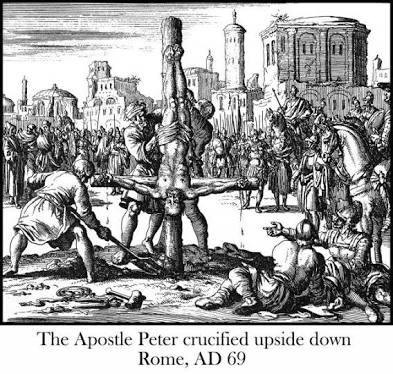The Coptic Church
Vast number of Jews spoke the Coptic language. It is claimed that about 40% of the population of the city of Alexandria, on the Egyptian coast, were Jews. It was in this country that Joseph and Mary sought refuge with their young child, Jesus (Mat. 2:13
The first Christian on record to preach in Africa was himself an African, the Ethiopian eunuch mentioned in the Bible at Acts chapter 8. A Jewish proselyte, he was on his way home from worshiping at the temple in Jerusalem when Philip converted him to Christianity. Without doubt, in keeping with the zeal of early Christians, this Ethiopian afterward actively preached the good news he had heard, becoming a missionary in his own land.
Historians fail to agree, however, on whether or not this was the way Christianity became established in Ethiopia. The Ethiopian Orthodox Church appears to date back to the fourth century, when a Syrian student of philosophy named Frumentius was ordained as a bishop to Ethiopian “Christians” by Athanasius, a bishop of the Coptic Church of Alexandria.
The Coptic Church—Copt is derived from the Greek word for “Egyptian”—claims that its founder and first patriarch was Mark the Evangelist. According to tradition, he preached in Egypt just before the middle of the first century. At any rate, “Christianity” spread to North Africa at an early date, with men like Origen and Augustine rising to prominence. A catechetical school in Alexandria, Egypt, became a noted center of “Christian” scholarship with Pantaenus as its first president. But by the time of Pantaenus’ successor, Clement of Alexandria, apostasy had evidently already taken its toll. The Encyclopedia of Religion reveals that Clement “advocated the reconciliation of Christian doctrine and the Bible with Greek philosophy.”
The Coptic Church carried on an intensive missionary campaign, particularly in eastern Libya. Archaeological excavations in Nubia and lower Sudan also reveal Coptic influence



